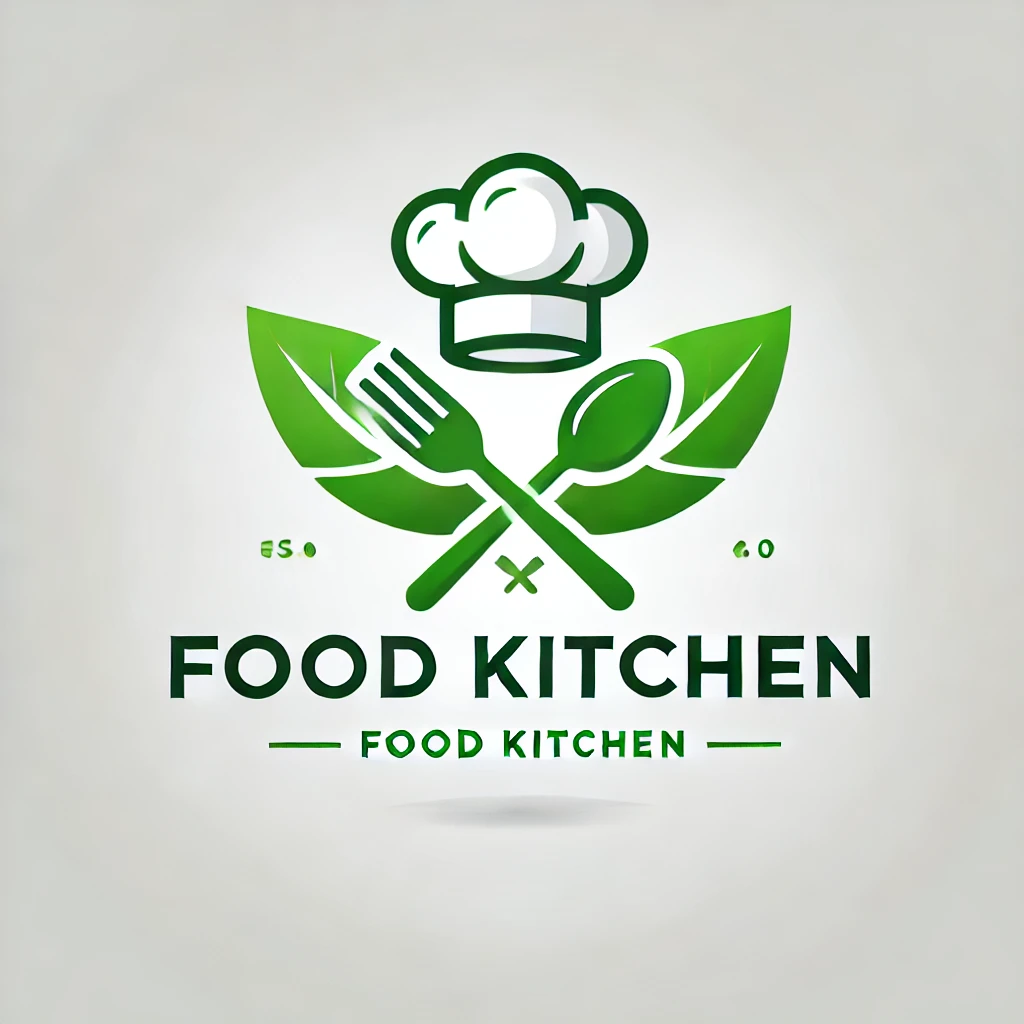Food Companies Revamp Recipes as Health Concerns Take Center Stage
Why Major Food Brands Are Reformulating Their Products
In today’s fast-evolving food landscape, consumers are becoming increasingly mindful of what they put on their plates. Conversations around nutrition, health, and food transparency have pushed many large food producers to reevaluate and revise their recipes. The latest voice to weigh in on this movement? Robert F. Kennedy Jr., a prominent figure running for the 2024 U.S. presidency, who has raised concerns about potentially harmful food ingredients.
As public figures and health experts shine a spotlight on the contents of everyday grocery items, food companies are finding themselves at a crossroads—adapt to consumer demands or risk losing trust (and market share).
RFK Jr.’s Influence on Public Health Discourse
Robert F. Kennedy Jr. has long been an advocate for public health, raising questions about environmental toxins and broader systemic issues in the U.S. health infrastructure. Recently, his focus on food ingredients has triggered widespread discussions, particularly in relation to processed foods and additives that are widely consumed across the country.
Kennedy’s advocacy has aligned with a growing consumer movement demanding cleaner, simpler labels. This synergy is encouraging major food manufacturers to respond not just with press releases but with tangible changes to their recipes.
Highlighting Questionable Ingredients
Many of the ingredients Kennedy and other health advocates focus on include artificial dyes, preservatives, and flavor enhancers. These additives, though FDA-approved, have been under scrutiny for potential links to behavioral issues, allergies, and even long-term health risks.
His campaign notes that some ingredients commonly used in American food products—such as Titanium Dioxide, BHA/BHT, and certain artificial dyes—have been restricted or banned in places like the European Union. The implication? America’s food standards may be falling short of global health benchmarks.
Companies Take Action: A New Era of Food Transparency
Faced with consumer demands and political pressure, several food companies are taking proactive steps to clean up their labels. Brands like Kraft Heinz, General Mills, and PepsiCo have announced reformulations of popular products to align more closely with health-conscious trends.
Clean Label Movement Gains Traction
The “clean label” trend has rapidly gained momentum. This movement promotes food products with fewer ingredients, recognizable names, and the absence of artificial additives. According to a survey conducted by NielsenIQ, nearly 70% of consumers are more interested in foods with transparent labeling and simplified ingredients.
In response, Kraft Heinz recently stated that it’s reformulating Kraft Singles by removing artificial preservatives. PepsiCo announced its Mountain Dew line will be undergoing adjustments to cut down on synthetic dyes, and General Mills is working on reducing sugar content across its cereal lineup.
Balancing Taste, Shelf Life, and Health
For companies, however, it’s not just about removing an ingredient—it’s about finding alternatives that maintain product consistency, shelf life, and beloved taste profiles. Reformulation often requires months of testing and consumer feedback cycles, as a single change can affect everything from texture to flavor balance.
Yet, as health considerations become a greater priority, brands are making bolder decisions. The risk of backlash from traditionalists is now outweighed by the potential benefits of appealing to a new generation of health-savvy shoppers.
Consumer Demand Is the Driving Force
At the heart of this shift lies consumer awareness. Today’s shoppers are not only scanning price tags—they’re reading nutrition panels and ingredient lists more than ever before.
Social Media’s Role in Amplifying Voices
Social platforms like Instagram and TikTok have amplified voices from the wellness community, doctors, nutritionists, and now even political candidates. A viral video calling out a questionable food dye can lead to significant backlash for major corporations—and they’re taking notice.
Combined with growing access to information, consumers are making more informed decisions. A single change in a school lunch policy or a celebrity-backed documentary on nutrition can spur sweeping product changes across an industry.
U.S. Vs. the World: The Ingredient Discrepancy
One major critique Kennedy and others have made highlights the discrepancy in ingredient standards between the U.S. and other global markets. For instance, the same food product may contain different ingredients depending on whether it’s sold in the United States or Europe.
American Standards Under Scrutiny
Take, for example, the case of popular breakfast cereals or snack chips. Versions sold in European countries often contain natural colorings sourced from plants, whereas their American counterparts might still use high levels of synthetic dyes.
This disparity has led to accusations of “double standards,” prompting many FDA-watchers and health advocates to call for a revamp of American food safety regulations—echoing efforts by figures like Robert F. Kennedy Jr.
FDA and Lawmakers: What Could Come Next?
With public pressure mounting, the question remains: will federal regulators step in? While the FDA continues to approve many of these ingredients as safe within regulatory limits, lawmakers are beginning to probe deeper into the long-term effects of commonly used additives.
State-Level Changes
States like California are already moving the needle. In early 2023, the state introduced a bill aiming to phase out several controversial food chemicals unless manufacturers provide safer alternatives. This type of local legislation could serve as a blueprint for national conversations.
Moreover, the growing influence of health-focused political candidates could result in shifts in funding, research, and federal oversight into the food and beverage industries.
What This Means for the Future of Food
The convergence of public advocacy, political campaigns, and consumer scrutiny is ushering in a new era for the food industry. While taste and convenience once dominated food marketing rhetoric, today’s consumers are equally—if not more—concerned with what lies beneath the label.
A Win-Win for Companies and Consumers
Despite the initial investment and research needed for reformulation, brands that adapt stand to gain brand loyalty, market share, and a positive public image. Aligning business objectives with consumer health can lead to innovation in product development and open avenues for uplifting marketing strategies, such as highlighting natural ingredients or sustainable sourcing.
Conclusion: A Healthier Future in the Making
As Kennedy and other well-known voices encourage increased scrutiny over what’s in our food, the message to food manufacturers is clear: the age of hidden ingredients is over. Transparency, health, and innovation are becoming the new pillars of success in the packaged food industry.
The next time you’re walking down a grocery store aisle, take a closer look at the labels—you’ll likely notice food companies are making changes. Whether it’s in response to political noise, consumer demand, or global best practices, one thing is certain: the future of food is cleaner, healthier, and more transparent than ever before.













